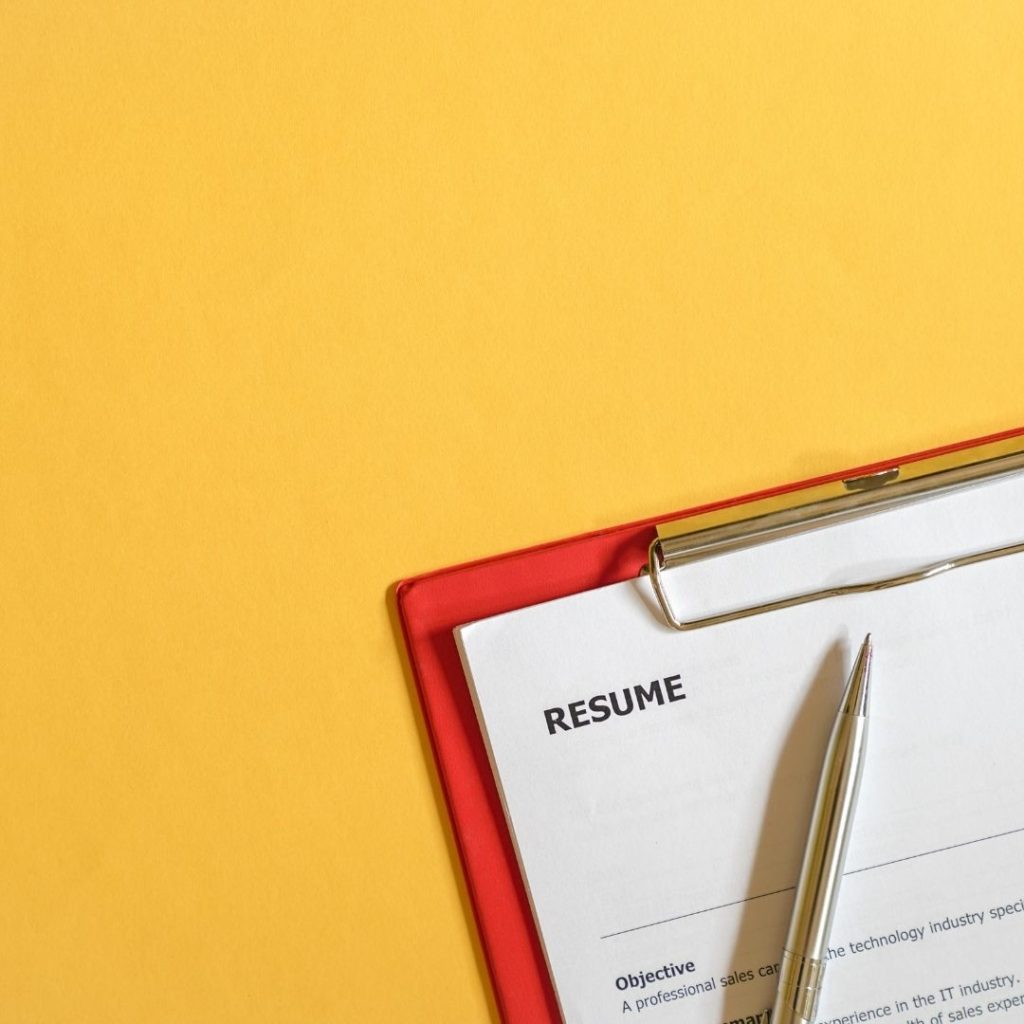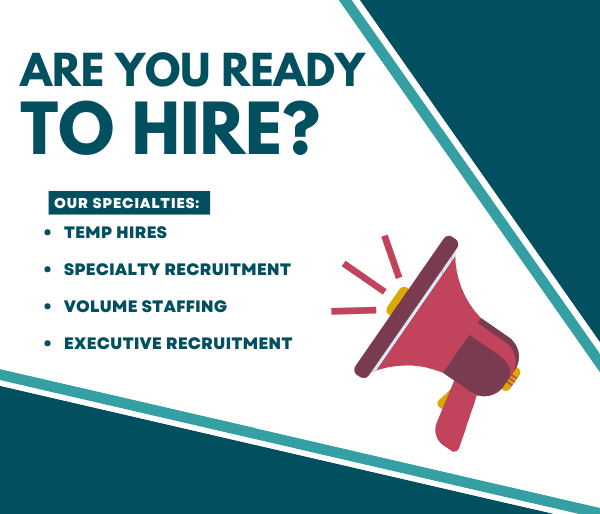Last Updated on September 20, 2024
If it seems like you keep getting rejection letters, know that you are not alone. Everyone goes through this at one time or another. We’ve all had the question “why does my resume keep getting rejected?” You might be wondering if there is an explanation for these rejection letters.
From typos to unrelated experience, there are a few errors you might be making in your application that could be holding you back. Keep reading to discover a few reasons that might help you understand why you are not getting interviews.
Why Does My Resume Keep Getting Rejected?
Here are a few reasons why you might be running into issues with your resume. This list is not all-inclusive, but it contains the core elements and issues that come with resumes and job applications.
1. Unexplained Gaps in Employments
While many of these gaps can be explained in an interview, someone reading your resume might be concerned why you took a year off work. Having something to show for that time off is valuable. This could be work or volunteer experience that is completely unrelated to your industry. Regardless, having an accounting of what you are up to is important to employers.
2. Typos and Spelling Errors
This one should be no surprise. If a hiring manager looks at a resume and sees that there are errors, it will take a quick trip to the “no” pile. Your resume is a quick reflection on your attention to detail (or your lack thereof). Be sure to double, triple, and quadruple check your resume to ensure that there are no small errors in spelling.
3. Generic and Doesn't Apply to Job
Sending in the same resume for job after job might save you time, but that doesn’t mean that it will get you a job. Using a generic resume could be the reason why your resume keeps getting rejected. Be sure that you cater your resume for each job that you apply for. This signals to companies that you are willing to put in the time to make your application strong, which gives you extra weight against other candidates.

4. You don’t live in the area of the job
If you do not live in Texas and you apply for a job in Texas, you might get taken out of consideration for this job to avoid paying for relocation. With so many jobs being remote, this option is not as highly weighted as it was before. Despite this, it still could play a role in your success in applying for jobs.
5. Your work experience is unrelated
Even if you have great work experience, it might not be applicable to the jobs that you are applying for. If you do not have work experience related to the field that you want to work in, try to adjust the wording of your resume to highlight past experiences in your work that are applicable to this career.
6. Poor formatting
One of the first signals that an employer notices when they glance at your resume is the formatting. A crucial piece of this formatting is the font. Use a professional font. Beyond this, keep your resume easy to read. Here are some great ideas on how to format your resume, including how many bullet points per job on a resume.
7. Misleading Information
It’s great to boast about your achievements on your resume. But never boast more than is truthful. Be sure not to exaggerate your accomplishments, salaries, titles, and education. If a business completes an in-depth background check, they will quickly discover any details which you might have fabricated. This could create a rather awkward situation for you.

8. Unprofessional or Incorrect Contact Information
We all started somewhere. Some of us started with an email address like “baseballking34” or “supermario03.” Unless you are working for Nintendo or the MLB, this might not be the most professional choice for your career. If you are wondering why your resume keeps getting rejected, having a cheesy, immature, and unprofessional email address might be the reasoning behind it.
Another obvious pitfall is if your contact info is mistyped. Employers will be unable to contact you if you have not recorded your email or phone number correctly. Small errors like this could be holding you back from a stellar resume and a stellar job.
9. Applying for Jobs You Don’t Want or Qualify For
Applying for a ton of jobs is a common strategy for job seekers. However, if you are completely unqualified for the job and you do not cater your resume specifically for the job application, then it is likely that you are wasting your time and the time of the employer. Be sure that you optimize your profile and resume for each application.
10. Too Lengthy and Dense
For most companies, a one-page resume is ideal. Summarizing a 20-year career into one page can be tricky. It is easy to write the wrong things. It is also easy to write too much. This is where resume writing is tricky business. Finding the most powerful, punchy one-liners can really transform your resume. Make each bullet point impactful on readers. Find a way to convey information in a digestible, easy-to-understand way.
Wrapping Up
These are just a handful of ways that you can make small improvements to dramatically improve your odds of getting a job. Hopefully with these tips you can leave behind the question “why does my resume keep getting rejected” and replace it with the question “how do I respond to all these job offers?” At least that’s the goal! Good luck!
You can find more tips on how to find a job, write a resume, and talk to recruiters on our blog for Hire Integrated.

Emily Rushton, Founder and CEO of Hire Integrated, has over a decade of experience in recruitment, helping companies solve high-volume hiring challenges. Her unique, storytelling approach has made her a trusted leader in the industry, helping both businesses and candidates succeed.









